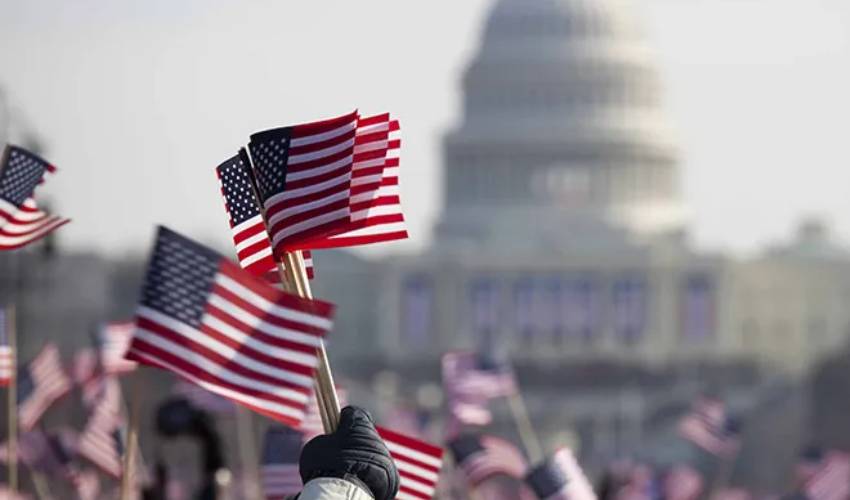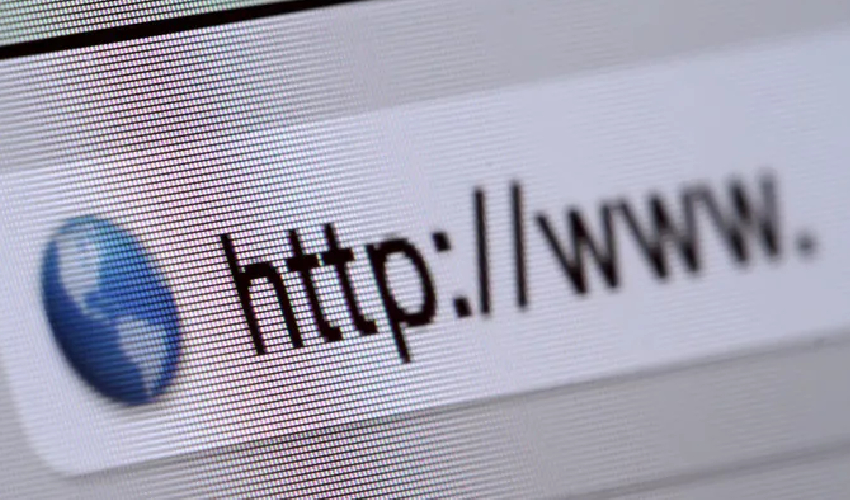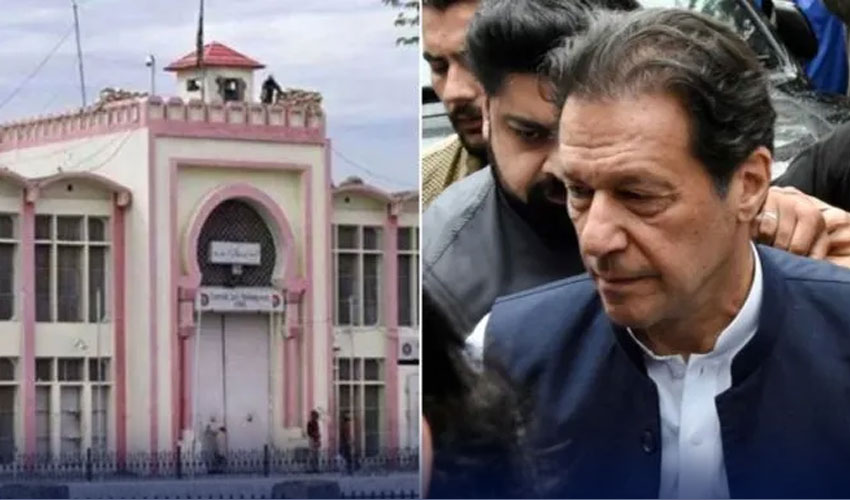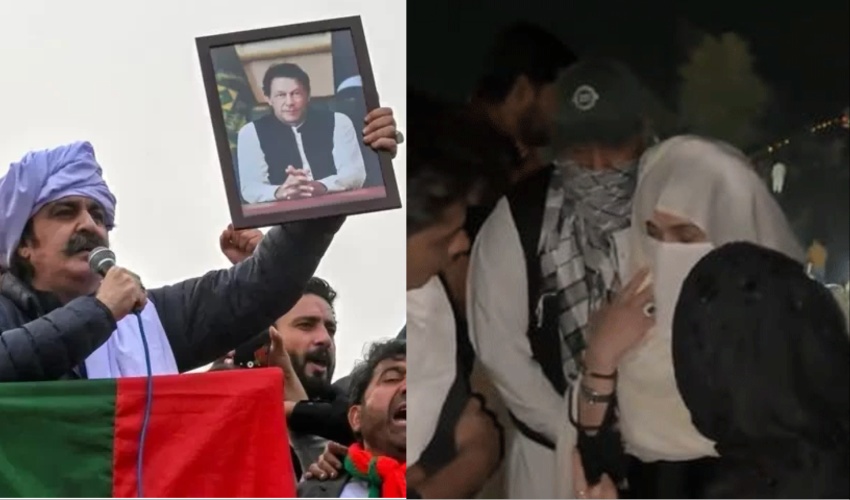With the U.S. presidential election only days away, many international students and prospective applicants are watching closely as the potential outcomes could heavily impact visa policies. Student visas (F-1) and work-based visas, such as the highly sought-after H-1B, could see new restrictions or changes depending on the new administration's stance.
Current policies allow many students to remain in the U.S. post-graduation for Optional Practical Training (OPT), a program providing valuable work experience. Yet, with increased scrutiny on immigration, many students fear these benefits could diminish or disappear under new leadership.
Foreign students are essential to U.S. campuses and contribute to fields like science, technology, and engineering, with nearly half of all graduate students in these areas coming from abroad. Students seeking the F-1 visa—the primary student visa in the U.S.—must navigate a challenging process requiring proof of financial self-sufficiency and intent to return to their home country upon graduation. With tuition, living costs, and additional fees, attending an American university is already a significant financial commitment; recent data puts the average yearly expense at about $40,000.
Yet, the hurdles don’t end there. Students often apply for OPT and the H-1B visa, one of the only options for staying in the U.S. to gain work experience post-graduation. The H-1B, however, is fiercely competitive, with only a quarter of applicants receiving a visa due to annual caps. Additionally, some worry that an incoming administration may reduce H-1B approvals or limit work opportunities for students post-graduation.
Presidential power and policy changes
U.S. presidents hold considerable authority over visa policies and processes. An administration can adjust visa rules, change how embassies process applications, and even shift the number of consular resources to support or restrict visa issuances. While changes often require formal rulemaking, some alterations, like stricter vetting and interview processes, can occur swiftly.
Both candidates have contrasting views on immigration, though neither has fully addressed their plans for international students. Some worry that stricter policies could echo former restrictions from the Trump administration, which, during COVID-19, proposed an order forcing international students to leave if their courses were online-only. Although eventually rescinded, the attempt heightened anxieties among the international student community, emphasizing how easily policies could change.
US popularity among students remains steady
Despite uncertainty, a recent survey indicated that many students are still interested in studying in the U.S., though some express concern about increased visa challenges under a potential Trump administration. Only 16% of international students surveyed said they would reconsider their decision if Trump returns to office. The U.S. remains an attractive destination, yet visa policies play a crucial role in students’ decision-making, especially given the high denial rates for applicants from certain regions.
As the election approaches, international students, particularly those from regions with historically high denial rates, may be facing an uncertain future. The next administration will likely shape visa policies, affecting students’ ability to study and work in the U.S. for years to come. Students planning to study in the U.S. should keep themselves informed and prepared for potential changes, considering backup plans if visa pathways become more restrictive.


























